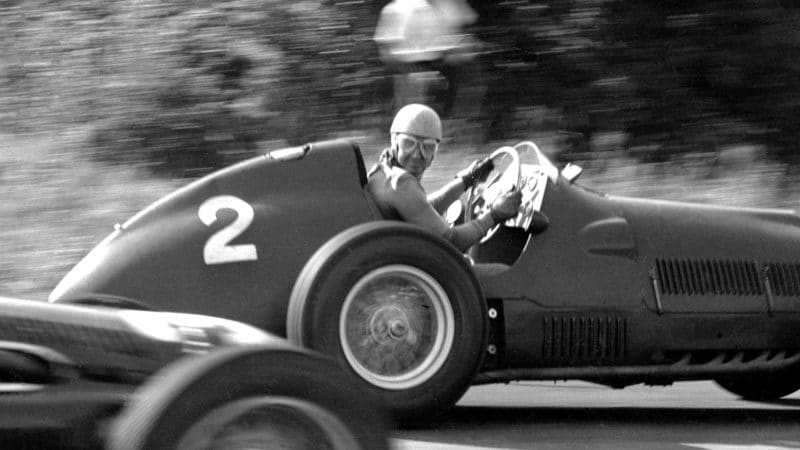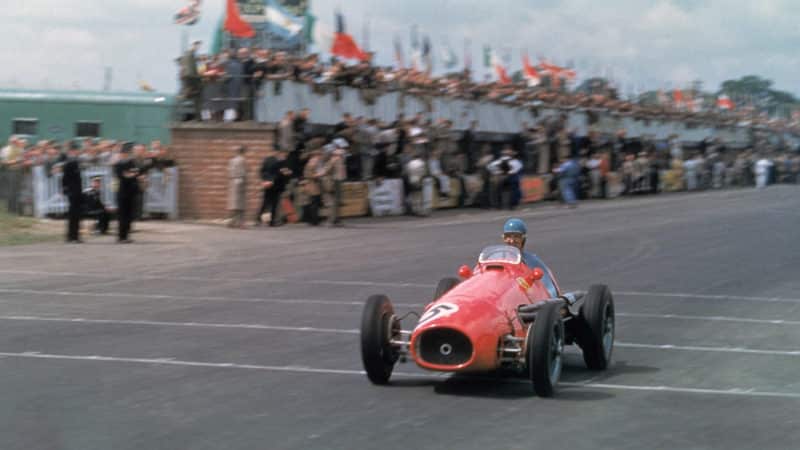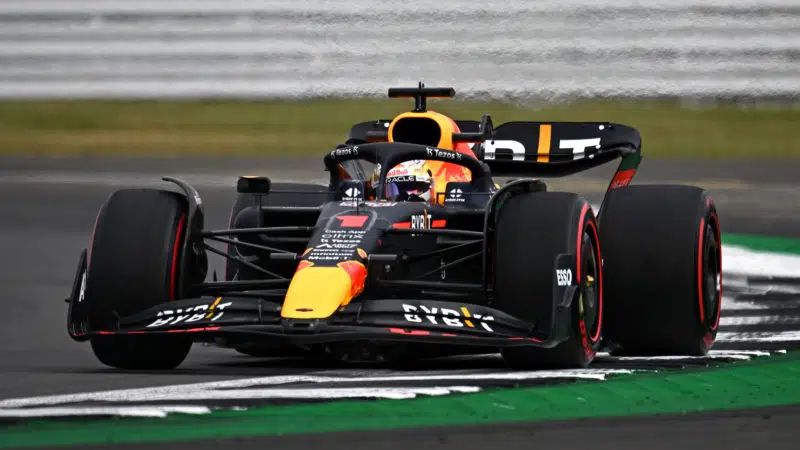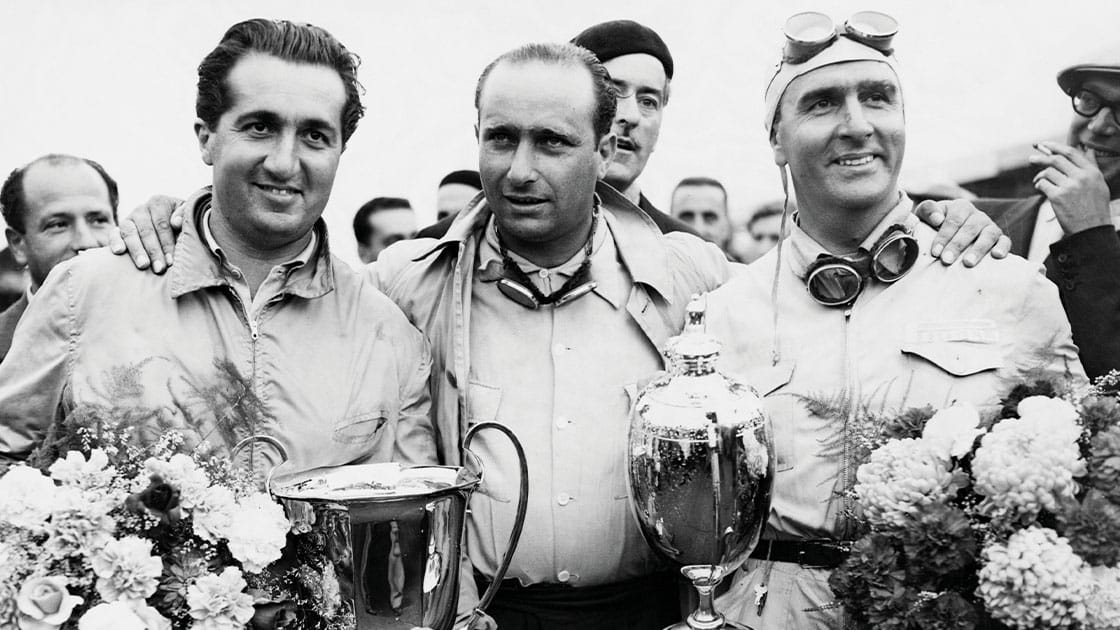And yet, when we think of the great drivers, I don’t think Ascari figures that highly. He won just one less race in six seasons than Jack Brabham managed in 16 or Graham Hill in 18. He won more than either Mario Andretti or James Hunt despite enjoying far fewer opportunities to do so. He scored twice as many as either John Surtees or Jochen Rindt.
He would seem to have it all. He is not just the only Italian to have won the title in a Ferrari, incredibly he is the only Italian to have won the title at all, Andretti being a naturalised American at the time of his 1978 triumph, but still his reputation is not what his record would suggest.
Perhaps he was just a grand prix guy, a specialist, inexpert in other fields? Perhaps not. He only did Le Mans twice, in 1952 and ’53, retiring from both but not before having smashed the lap record on each outing. He took part in the Sebring 12 Hours just once and, again, set the fastest lap of the race before he was let down again, this time by a Lancia. And he won the only Mille Miglia he completed.
Fangio gave him a run for his money in 1953 and Ascari still won
So why is he not more revered? Maybe it’s just me. Maybe you’re sitting there wondering what on earth I’m talking about. To you Alberto is up there with Jimmy, Graham, Mika, Fernando and Max, the other double world champions. Or maybe he’s not. And perhaps that’s because he died such a very long time ago, for he was the very first world champion to die, some 67 years ago in 1955 as it happens.
But I wonder if it’s not actually because he was famous for other things, such as being the son of another incredibly able driver who also died in a racing car at a time and time of life so coincidentally similar to that of Alberto’s accident. Not being naturally superstitious (as was Ascari) nor finding violent death a subject upon which I choose to dwell, I’ll leave that to others. Or maybe it was because of his dunking in the Monaco harbour in his final grand prix, from which he emerged unscathed, albeit just four days before his passing at Monza. Or could it be that his 1952 title was achieved without the opposition of Juan Manuel Fangio for the entire season and is somehow seen as devalued as a result? I’m sure El Chueco would have given him more of a run for his money than anyone else, but he was back in 1953 and Ascari still won.






